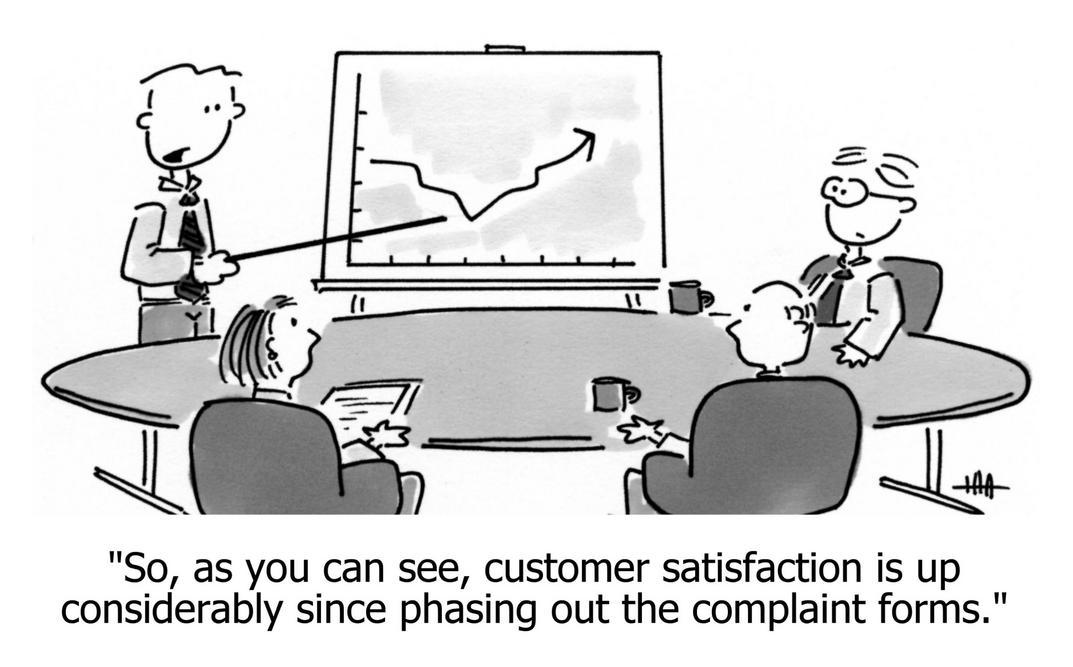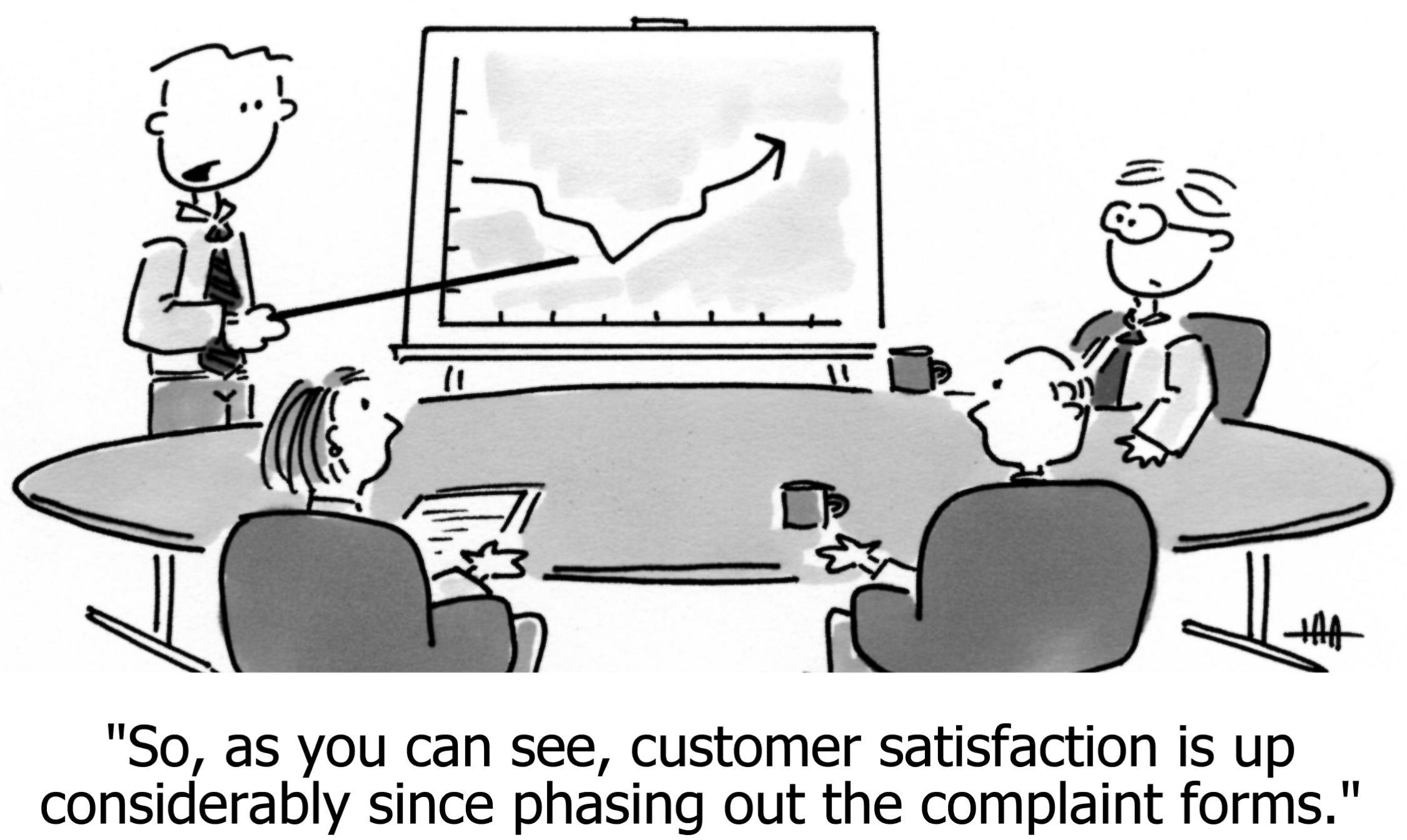Tech Support is sales

Impressive, until he opens his mouth.
…maybe like your company
You probably think of “tech support” as the bottom of the food chain. “Shit flows downhill” and all that. After all:
- Tech support deals with insane customers.
- Tech support answers the phone; a job even sales people don’t want.
- Tech support keeps angry customers at bay while having no power to effect change.
Yep, that sounds lowly. Dismal too—how would you like to deal with an irate voice screaming at you when you know how to fix the problem but lack the authority to do it? This is a masochistic job for a poor slob with no other job prospects, right?
If this is your attitude, your conception of tech support is completely backwards and you’re missing out on important channels for marketing, product development, and sales.
The face of your company
We’ve all been jarred by someone’s voice not matching their picture. Take English footballer David Beckham, the quintessential picture of manly sportif—washboard abs, ex-captain of the English national team, and married to Posh Spice.
But then he opens his mouth. It’s like Kermit the Frog got kicked in the balls. (Oh, sorry UK folks, I meant kicked in the bollocks.) It’s so unexpected it’s the only thing you remember. Of the 3,204,523 pub conversations where someone said “Have you heard him speak?” maybe only 17 could tell you what he actually said.
You assume your home page is the public face of your company, but what happens when you open your mouth? What happens when your bullet points collide with your behavior?
For most of your customers, tech support is the only human interaction they’ll have with you. Are you really going to leave that up to your worst-treated, least-paid, least-qualified employees?
Tech support is sales
At Smart Bear we made millions of dollars in both individual and enterprise sales without “sales.”
Well, at least without the usual definition of “sales”—a collection of processes, personalities, and management single-mindedly focused on hauling in revenue on a quarterly schedule.
How did we get six-figure deals without playing golf or using Salesforce? Simple: Our tech support was sales.
You could say the purpose of tech support is to answer questions or to unstick people who are confused, but I say the purpose of tech support is to make your customers fantastic at their jobs, which happen to involve your product. (Yes, I’m flagrantly paraphrasing the legendary Kathy Sierra, but the idea applies as much to tech support as to product development.)
So this means you don’t just help them locate a command in the menubar, you find out what they’re trying to accomplish and help them do that. You don’t just explain a feature but help them use the result to impress their boss. You don’t just apologize because you don’t have the feature they want, you help them work around it and be successful anyway. You know your product and problem-space better than your customers, so it’s not that hard to make them far more successful than they would be stumbling around without calling tech support.
Enabling your customers isn’t just about your product, but rather your entire company. Make your customer awesome and she’ll give you money so she can keep being awesome.
That’s sales.
A pleasant surprise
Everyone’s stereotype of tech support is negative. Oh the tales:
- Ask tech support how to change the font and they’ll tell you to reboot your laptop.
- Ask tech support to change your billing address and they up-sell you on three things you don’t want.
- Calling tech support requires a GPS to navigate the labyrinth of menu options (which may have changed), wait-queues, and typing in your account number 3 times “for security purposes,” as if someone who stole your account number is incapable of typing it more than once.
When your customers expect a turd sandwich and you deliver a turkey club with chipotle aioli, you earn major bonus points, like users twittering about your service, people switching to your service because of tech support, or customers not only following your Tweets but instructing their followers to do the same.
Oh look! Apparently tech support is a better “social media outreach” program than hiring interns to spray comments on random blogs. Are you surprised?
They say “under-promise, over-deliver,” and tech support has “under-promise” built in! Sure super-fantastic tech support is best, but even if you merely act like a human being you’re already ahead. If you just answer email with a non-automated response you’re killing it.
Why pass up such an easy opportunity to thrill a customer? Isn’t “a pleasant surprise” too rare in business, and don’t you want to be known as the company where it happens every day?
The closest thing to getting “outside the building” while staying inside the building
The Internet is abuzz with Steve Blank’s phrase that everything you need to know about your customers is “ outside the building,” meaning that real customer development means talking to folks face to face, seeing their problems in the wild, and watching their faces react to your pitch, not brainstorming around a whiteboard and twiddling the font size in your PowerPoints. And I agree!
Still, for the Work-a-preneur or the bootstrapper with no travel budget it’s hard to get outside the building. Yes you should try as much as you can—it’s worth it—but what about the other 94% of the time that you’re at your desk, by which I mean the coffee shop table closest to the power outlet that isn’t loose?
Tech support is the next-best thing. Tech support is where people complain about what’s not working, what’s missing, and what’s confusing. But it’s not enough to just catalog problems!
The insights lurk in the meta-questions. If someone’s confused, for example, the immediate task is to set them straight, but there’s valuable product development to be had:
- What caused the confusion in the first place?
- Is my customer’s world-view different from mine?
- Is our terminology wrong?
- Are we using the wrong metaphors?
- Do I need to optimize the new-user experience instead of the expert-user experience?
Those are tactical questions stemming from the immediate problem, but then there’s even more interesting strategic questions:
- Does this hiccup belie a customer pain-point I didn’t know existed but I can solve?
- Is there enough evidence of a conceptual mismatch that I should pivot?
- Is there a new product idea here?
- If they’re abusing my product to get what they really want, can I provide what they really want from the start?
This last line of questioning is exactly how Smart Bear came to be a company about peer code review and not “version control data mining.” If I hadn’t paid attention to these meta-questions, you wouldn’t be reading this right now. Yes, it’s that critical.
To answer these you have to go back and forth with customers to hack into the root cause. You have to see hundreds of emails so you get a gut-feel for what customers are experiencing—something you can’t get from a Incident Summary Report or some-such automation.
Tech support is the closest, most honest chance for product development—certainly more straightforward than squeezing it through traditional “sales.” Here’s where real users discover and report on your product.
Are you listening, or just throwing it away?
https://longform.asmartbear.com/tech-support-is-sales/
© 2007-2025 Jason Cohen
 @asmartbear
@asmartbear Simple eReader (Kindle)
Simple eReader (Kindle)
 Rich eReader (Apple)
Rich eReader (Apple)
 Printable PDF
Printable PDF







